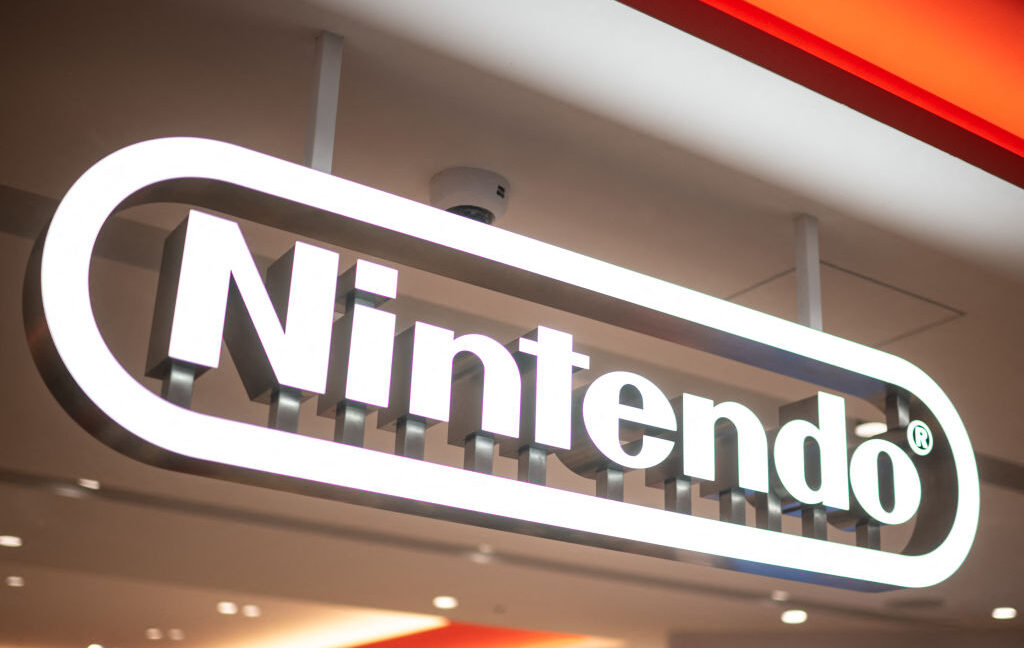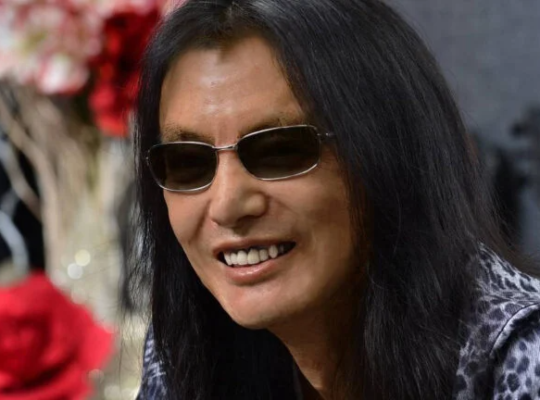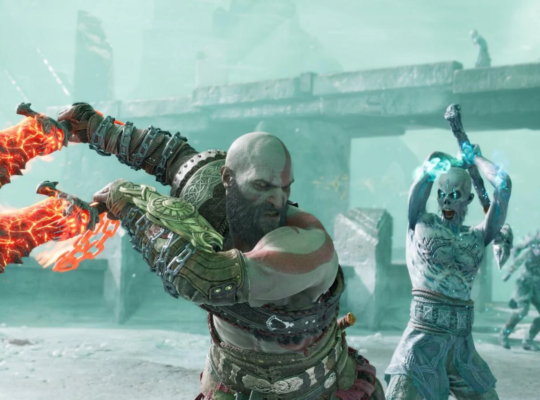Game over.
Video game piracy is entering a new phase, as Japan recently witnessed its first-ever arrest related to the modification of Nintendo Switch consoles.
According to a report from NTV News, translated by Automaton, a 58-year-old man was arrested on January 15 under suspicion of violating the Trademark Act. The individual is accused of altering Nintendo Switch consoles to enable the use of pirated games, then selling the modified devices.
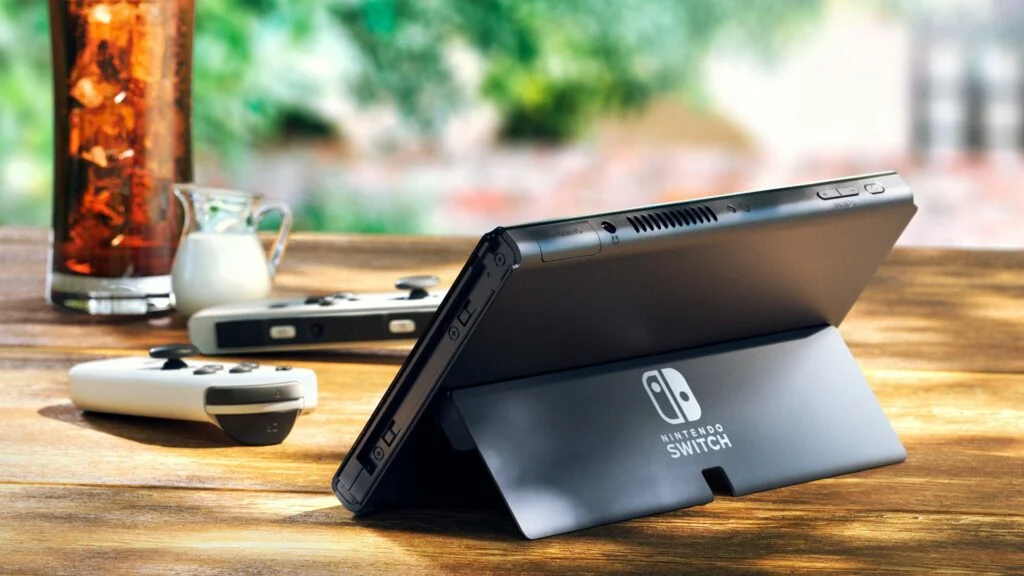
How the Modding Scheme Worked
The suspect allegedly modified second-hand Switch consoles by soldering altered components onto their circuit boards. These modifications allowed the consoles to bypass protections and run pirated games. Police claim he preloaded 27 pirated titles onto the hardware and sold the modified systems for ¥28,000 (approximately $180) each.
The man has reportedly admitted to the charges, and authorities are now investigating whether he may have committed additional violations.
Nintendo’s Longstanding Battle Against Piracy
Nintendo has a history of taking an aggressive stance against piracy. For instance, in May 2024, the company issued a takedown request targeting 8,500 copies of the Switch emulator Yuzu, following its removal two months earlier. Nintendo had previously sued Yuzu’s creator, Tropic Haze, after its flagship 2023 release, The Legend of Zelda: Tears of the Kingdom, was pirated over one million times before its official launch.
This arrest comes amid a broader effort by Nintendo and other gaming companies to combat piracy. High-profile cases include a 2021 ruling against the file-sharing site RomUniverse, which resulted in $2.1 million in damages awarded to Nintendo, and a $12 million judgment in a separate case in 2018. Nintendo has also taken proactive measures to block emulator platforms like Dolphin from appearing on PC storefronts such as Steam.
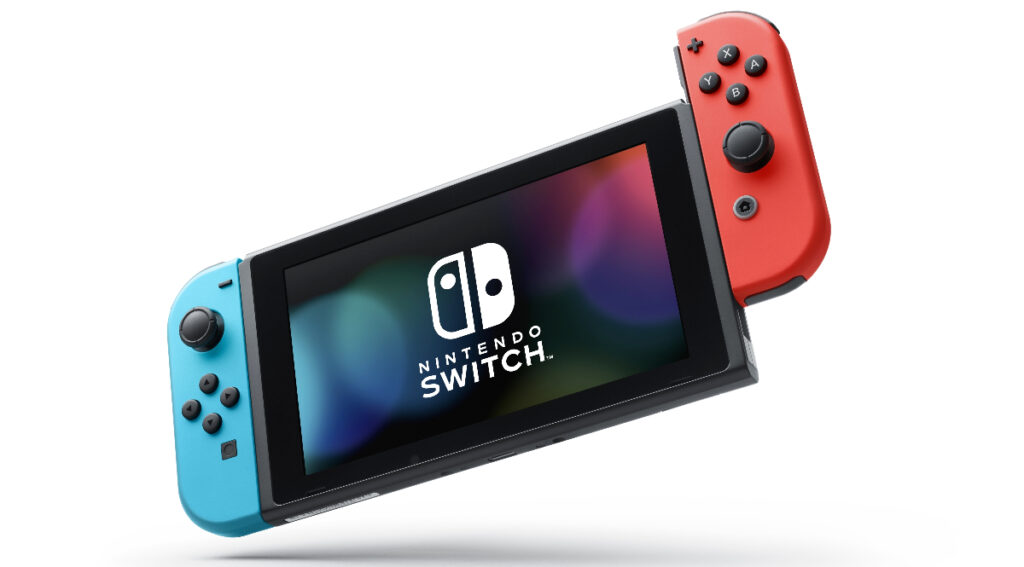
Nintendo’s Approach to Emulation
The issue of emulation remains a contentious topic in the gaming world. Nintendo’s Assistant Manager of the Intellectual Property Division, Koji Nishiura, recently outlined the company’s position. Speaking about the legality of emulators, Nishiura said:
“To begin with, are emulators illegal or not? This is a point often debated. While you can’t immediately claim that an emulator is illegal in itself, it can become illegal depending on how it’s used.”
Nintendo’s focus on curbing piracy through both legal action and public education highlights the growing stakes as gaming hardware and software become increasingly interconnected.
A New Era for Anti-Piracy Efforts
This landmark arrest in Japan signals a shift in the fight against video game piracy, showcasing an increased willingness by law enforcement to crack down on those who enable it. As the industry continues to evolve, companies like Nintendo are setting new precedents in protecting their intellectual property.
Stay tuned for further updates as we continue to follow this story and its implications for the gaming world.
